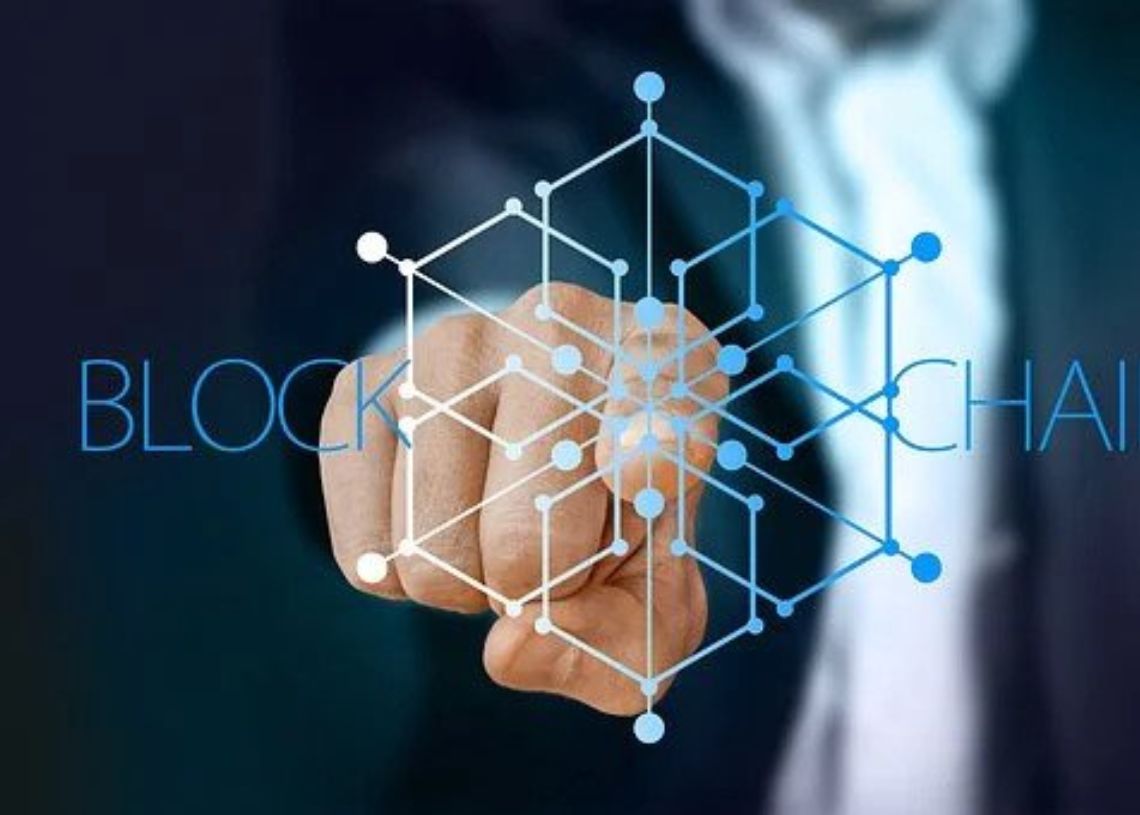The Executive Director of DOST-PCIEERD, Dr. Enrico Paringit, said his department would prioritize blockchain education in the country’s universities. Paringit made the statement when he signed a MoU with Digital Pilipinas (DP), and Fortunato da la Peña, Secretary of DOST, while the Chief Fintech Officer at the Monetary Authority of Singapore (MAS), Sopnendu Mohanty was a witness.
Paringit stressed the need to adopt and use blockchain technologies in the government sector. He noted that the future of his great country revolves around blockchain technology; through his efforts, the government will be launching a university-based innovative center throughout the country to equip the students and the general workforce with the basic knowledge and skills of digital technologies.
A Memorandum of Understanding to Establish Innovative Projects
DP and DOST-PCIEERD signed a memorandum of understanding to establish university-based innovation centers across the breadth and length of the country. The agreement was signed just after a month a tripartite partnership launching the Think and Tinker Laboratory – Technology Business Incubation (TBI) was signed. The tripartite entities involved in the partnership include DOST-PCIEERD, the technology and engineering school of Mapua University, and Digital Pilipinas.
According to the convener of the Digital Pilipinas, Amor Maclang, there are too many ways to introduce blockchain technologies into the education system, which will enable students to acquire valuable skill sets. She added that one of the importance of the blockchain technologies when introduced in the proposed university-based innovative centers is record keeping.
Maclang argued that with blockchain technologies and its articulate verification procedures, lots of complex processes involved in record keeping would ultimately be cut off. This he believes will save students and facilitators or educators valuable time.
A Paradigm Shift in Philippine’s Education System
Digital Pilipinas, a partner in establishing university-based innovative centers across the Philippines, highlighted the company’s commitment to promoting education in the Philippines and Asia generally. Maclang reiterated that the company’s focus for this year is on micro education.
She praised the Philippines’ education system and noted that it had shifted its perspective from the traditional four or eight years’ college courses to introducing technology-based skills that are easily acquired and certified. Maclang affirmed that her company would work with the various educational institutions, government entities, and critical economic organizations to launch one-year internship programs that will enable students to develop their careers in the technology industry.
The Philippines was ranked third in Southeast Asia in adopting and using digital assets. Premised on the above, Todd Schweitzer, an official of open finance technology solutions, maintained that the Philippines is well-positioned for web 3.0 programs as various digital banks in the country offer investment opportunities.
Todd expressed hope that with the increasing growth of play-to-earn games, the younger Filipinos will build wealth from participating in crypto trading and activities and learn the mechanisms of APIs, which will help develop the country’s economy through blockchain technologies. He further noted the significance of web 3.0 in decentralizing and democratizing digital assets.







